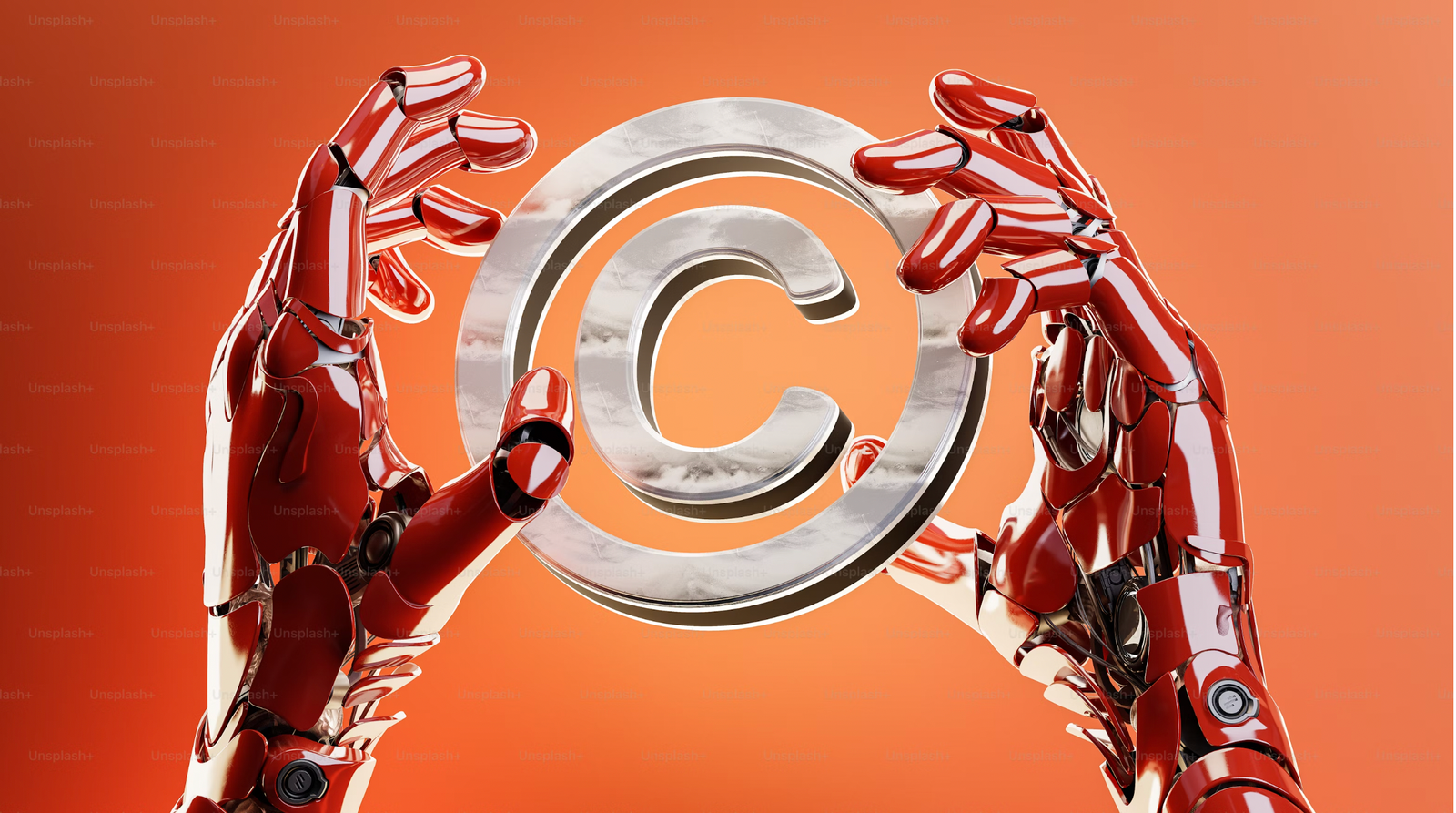Federal Courts Issue Contrasting Rulings on AI Training and Copyrighted Books Fair Use
Federal courts in California just issued conflicting rulings on whether training AI models with copyrighted books qualifies as fair use. In Bartz v. Anthropic, the court protected training on lawfully purchased works but rejected the use of pirated copies. In contrast, Kadrey v. Meta allowed AI training on pirated books, calling it “highly transformative.” Tom Hagy explains that with more than 50 similar lawsuits pending, these decisions underscore the legal uncertainty facing tech companies, publishers, and creators—and could reshape the future of AI development and copyright law.

